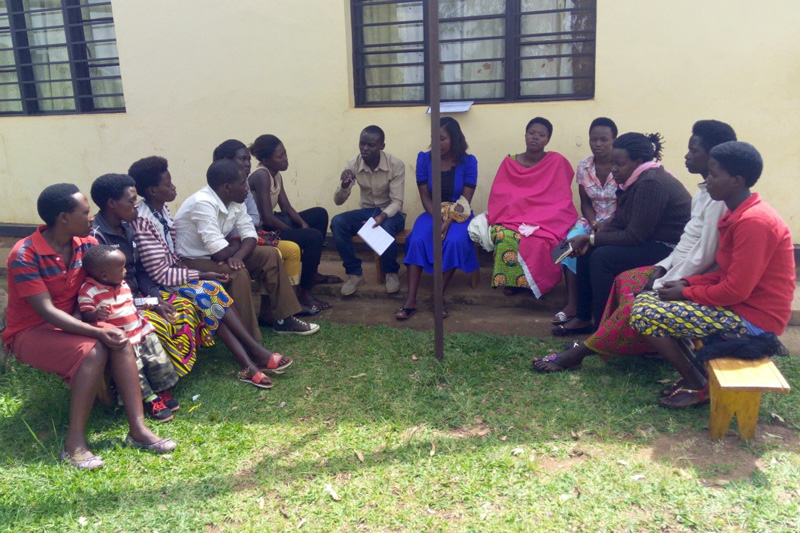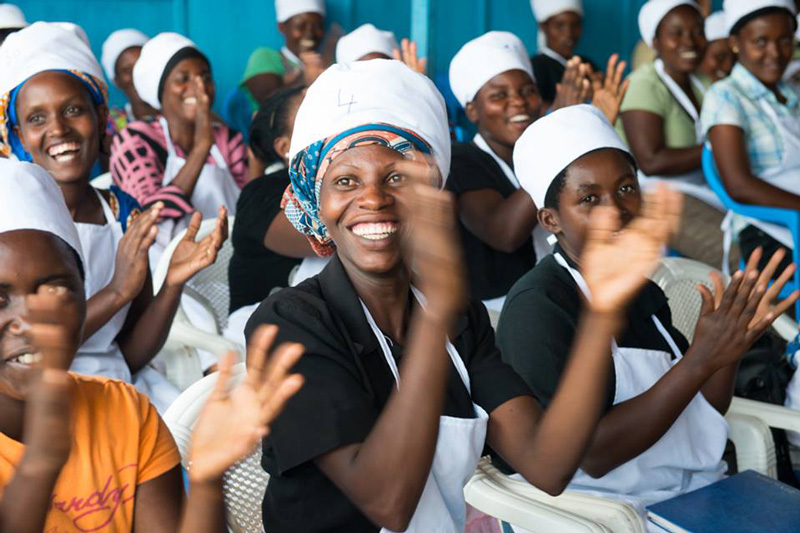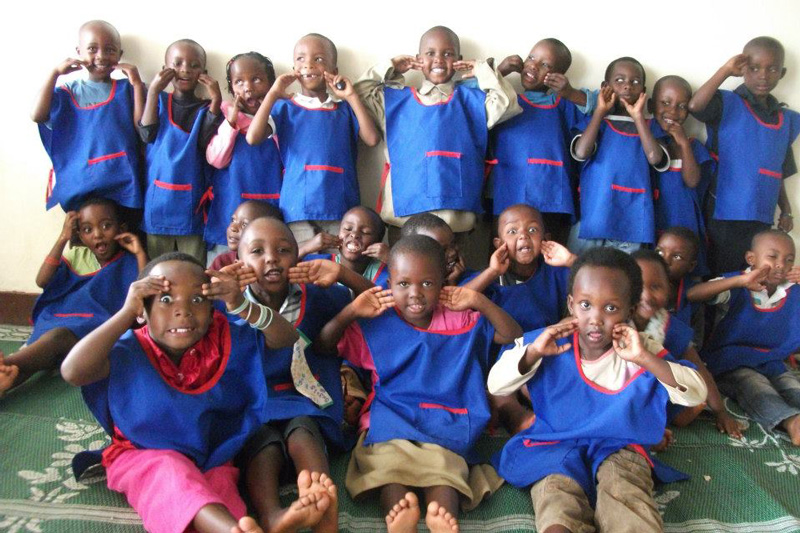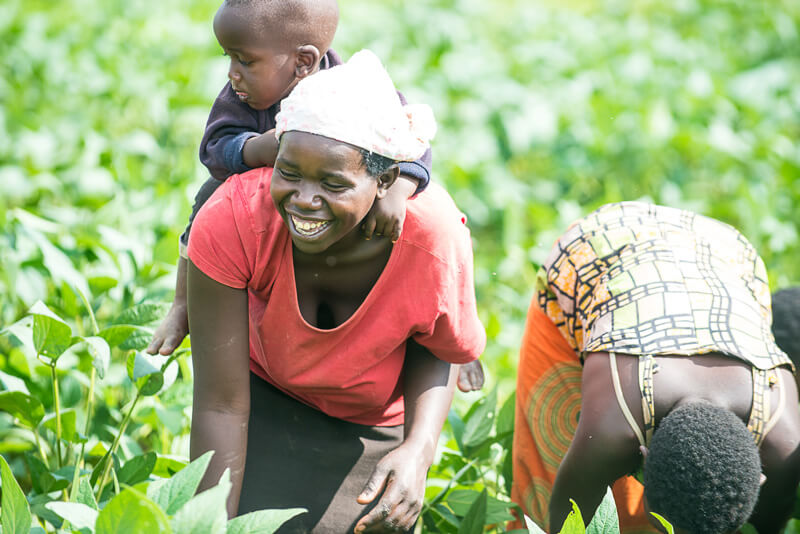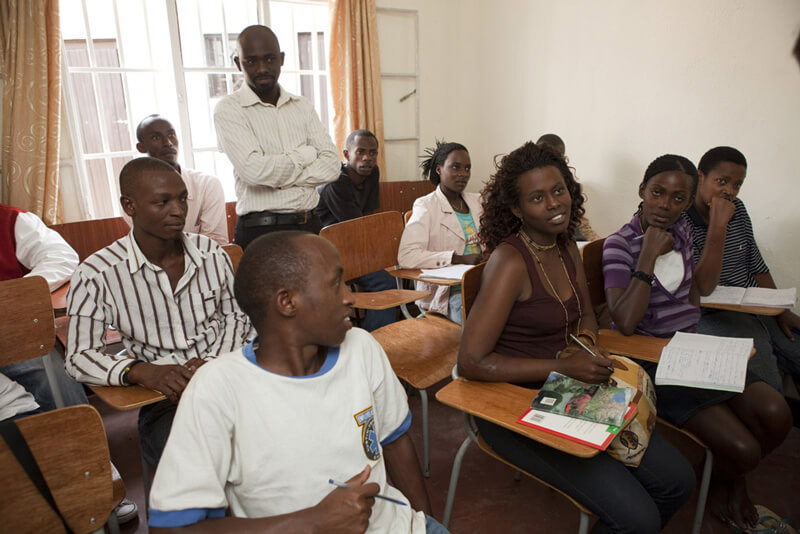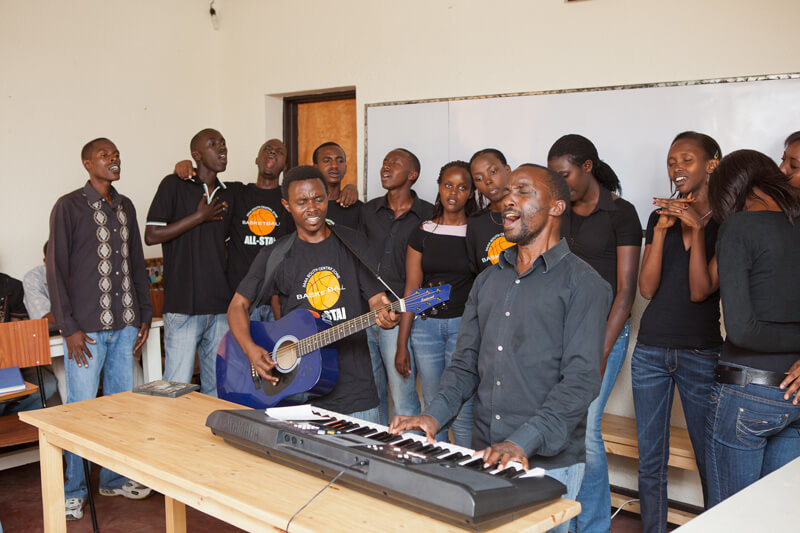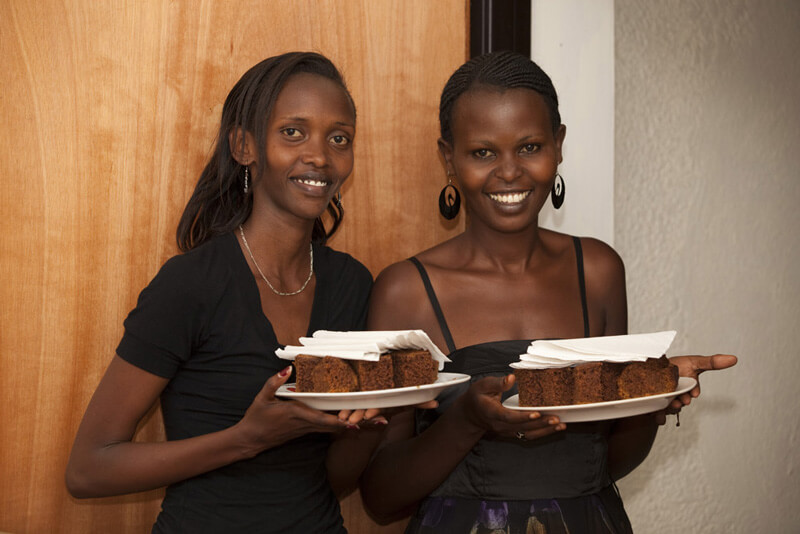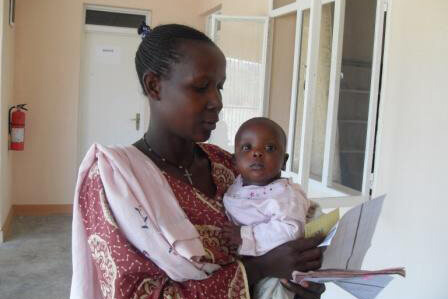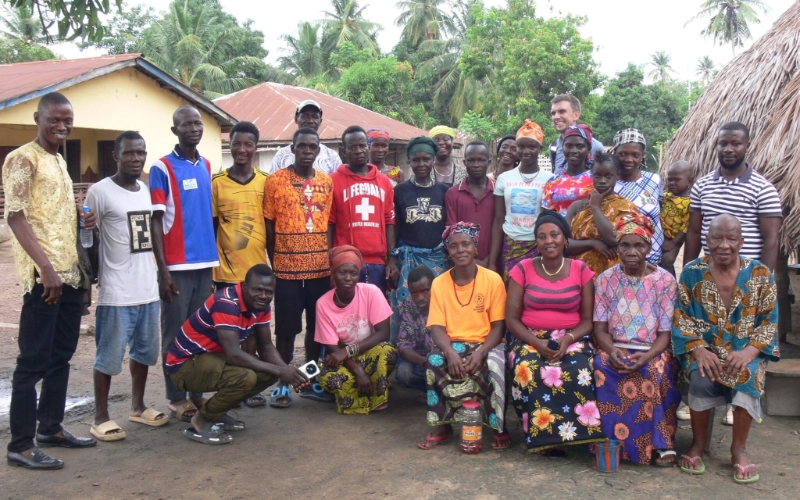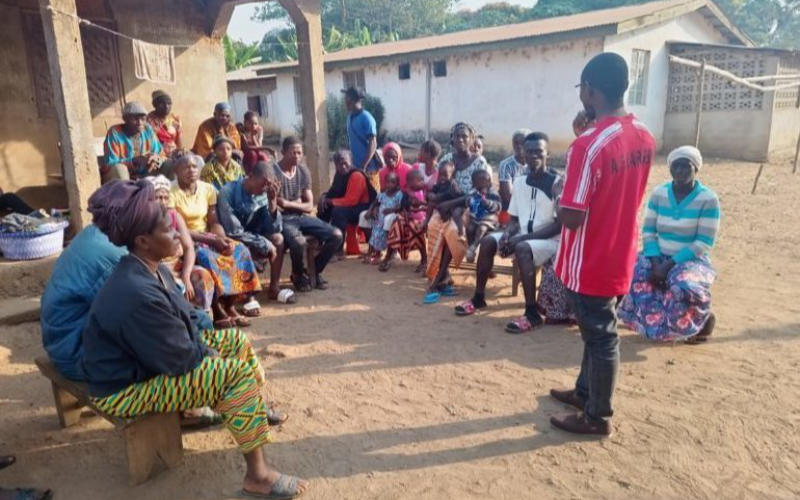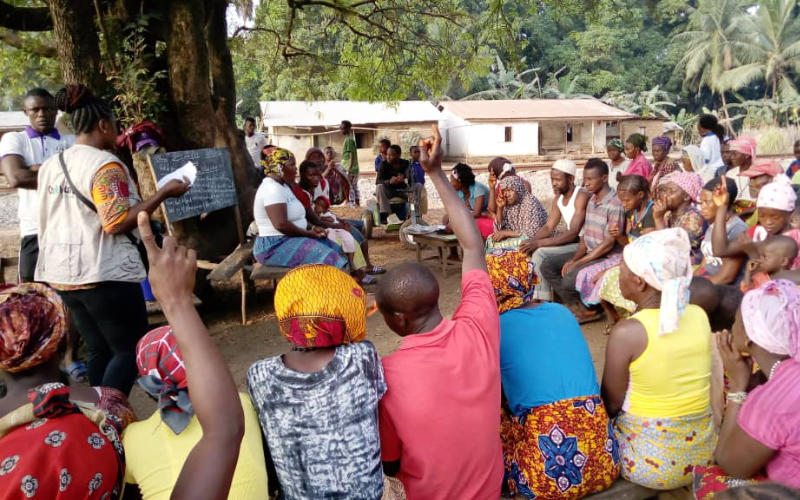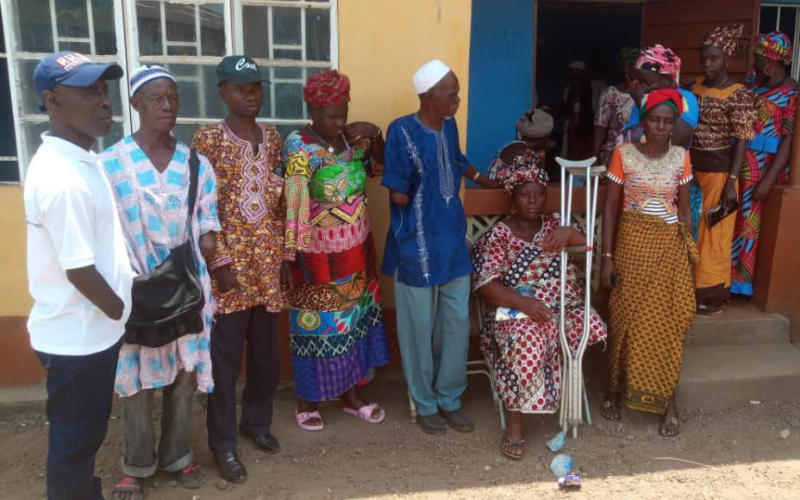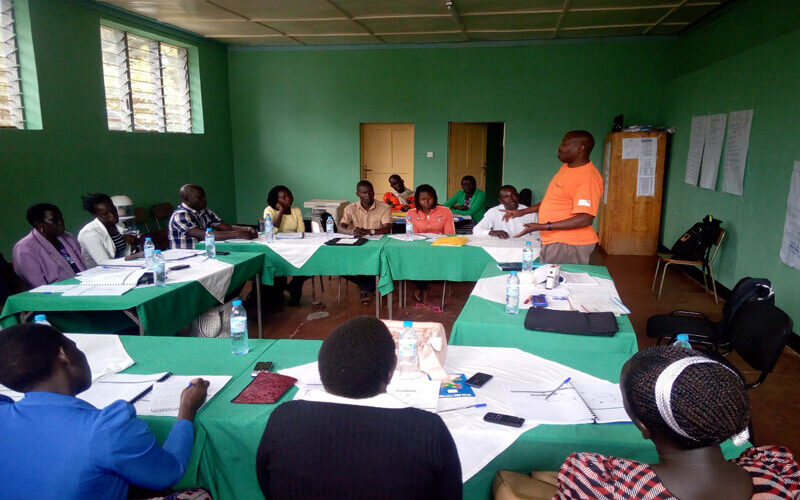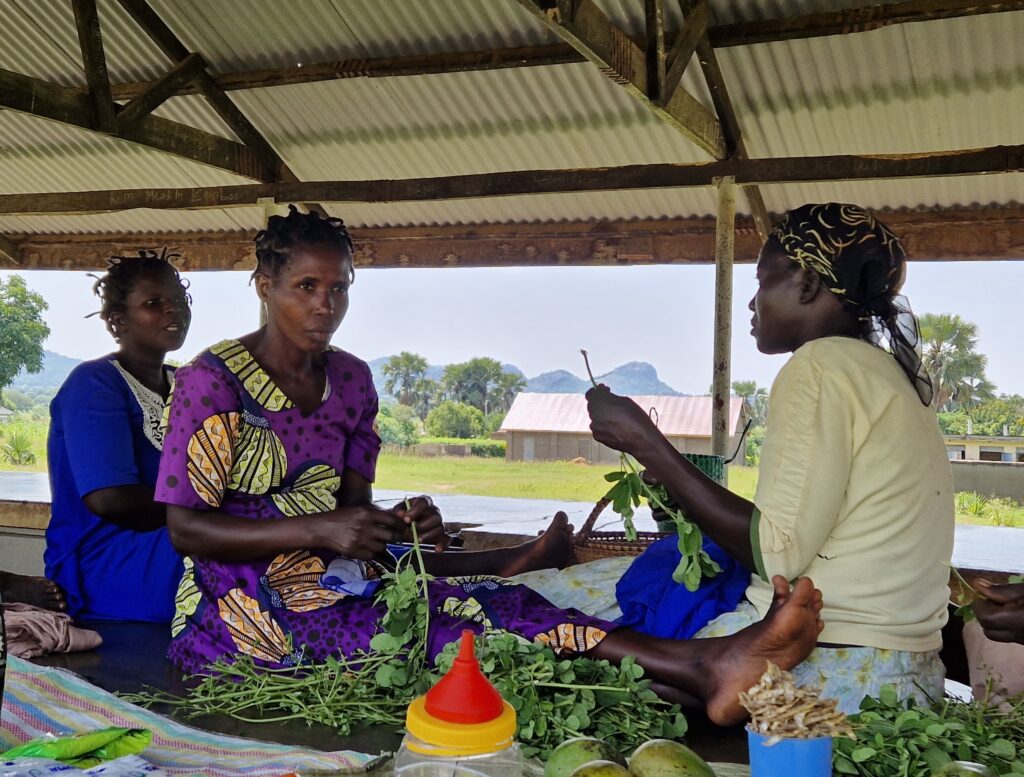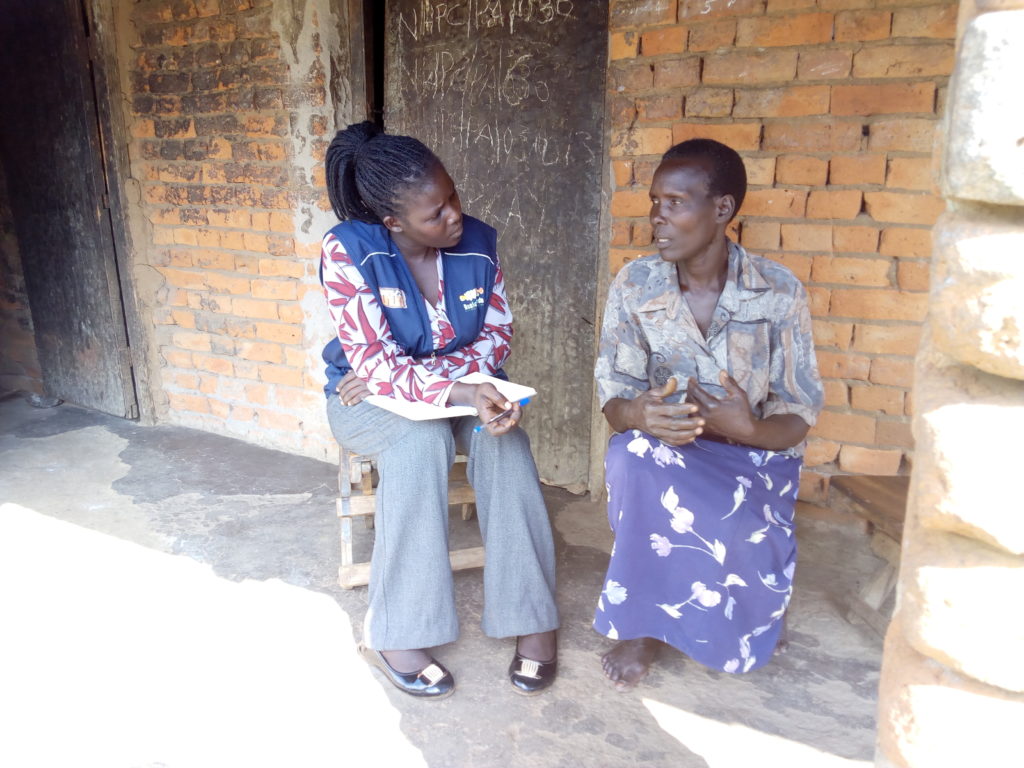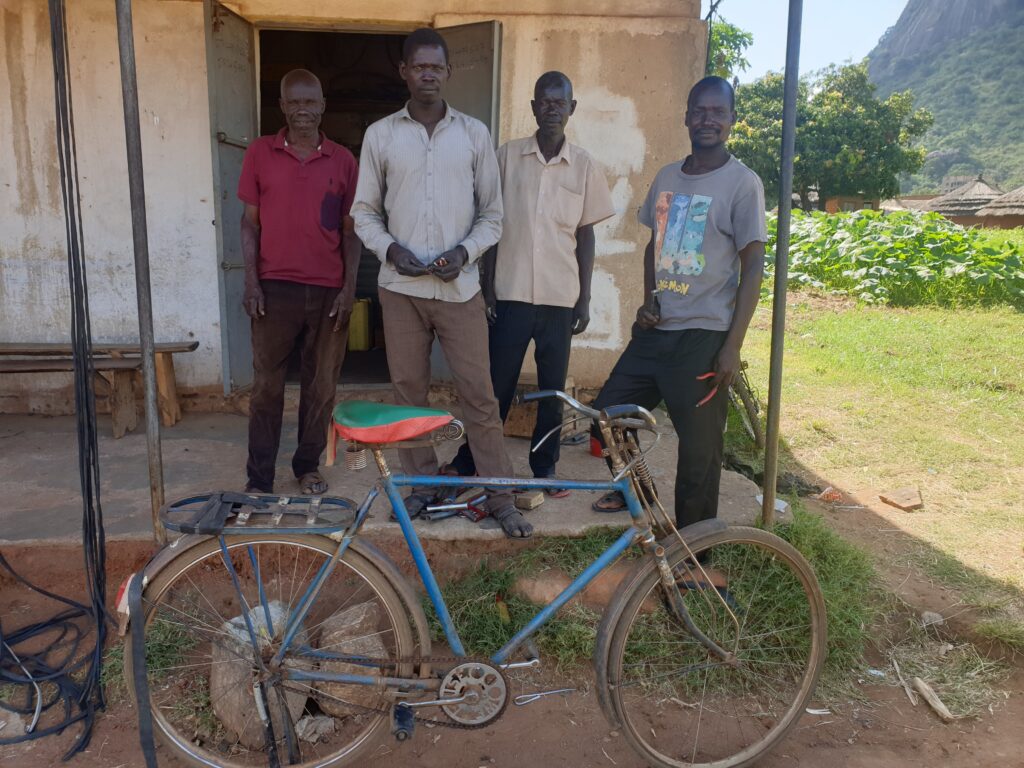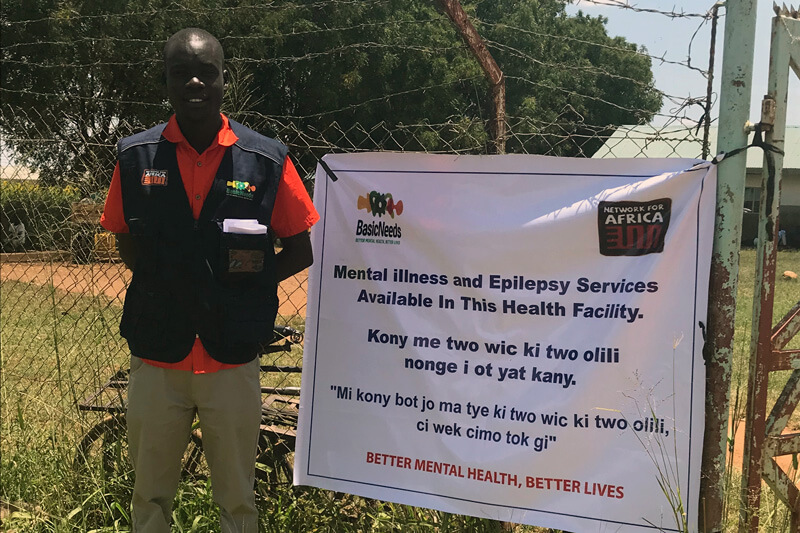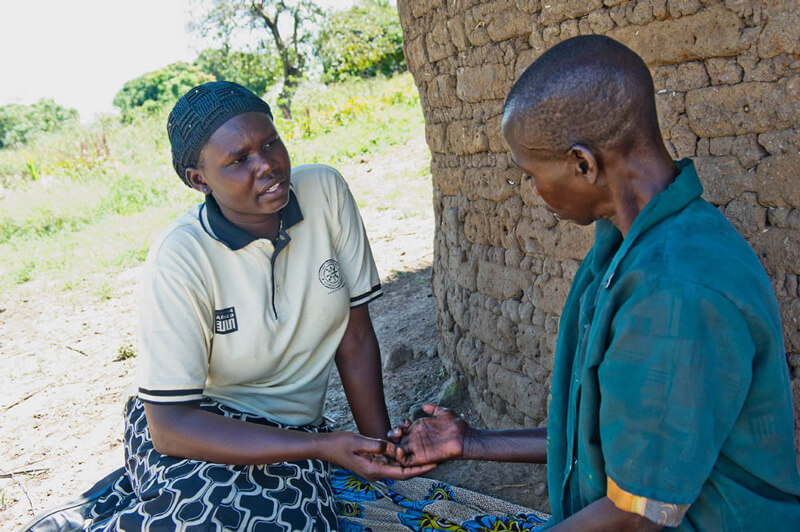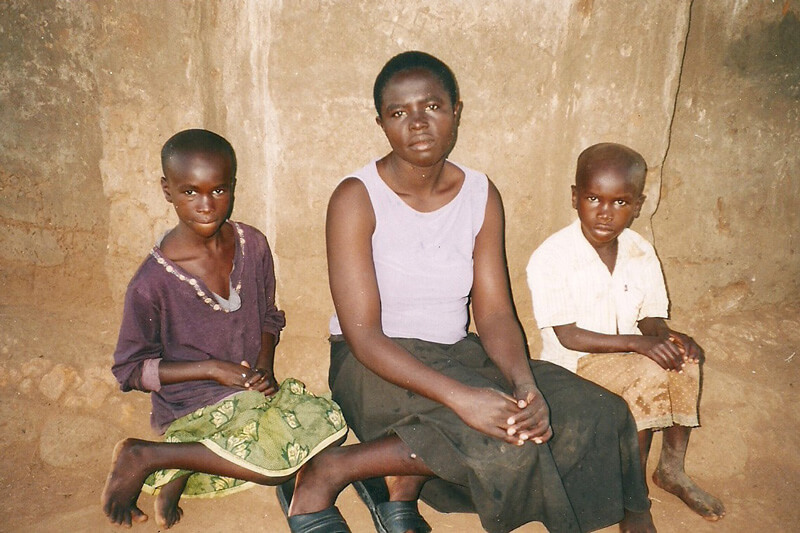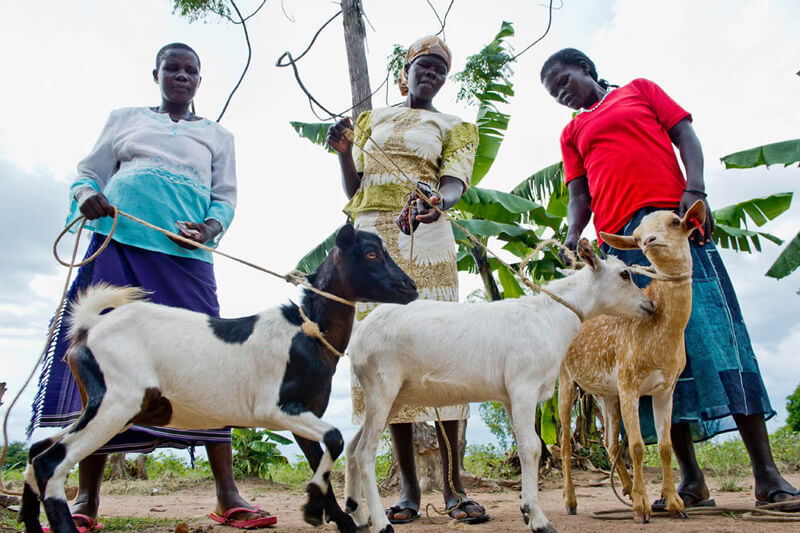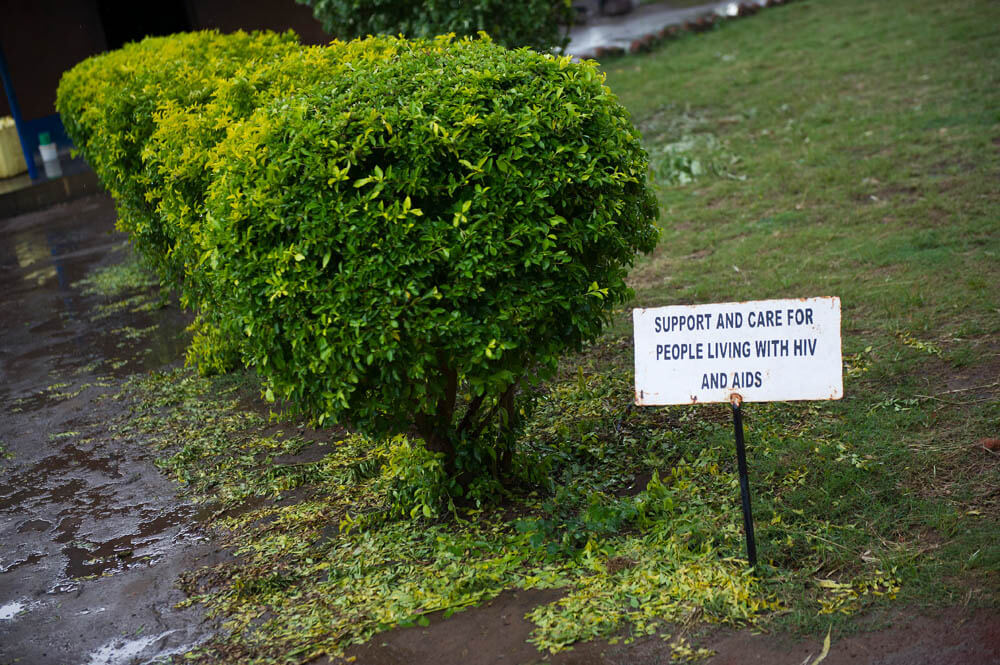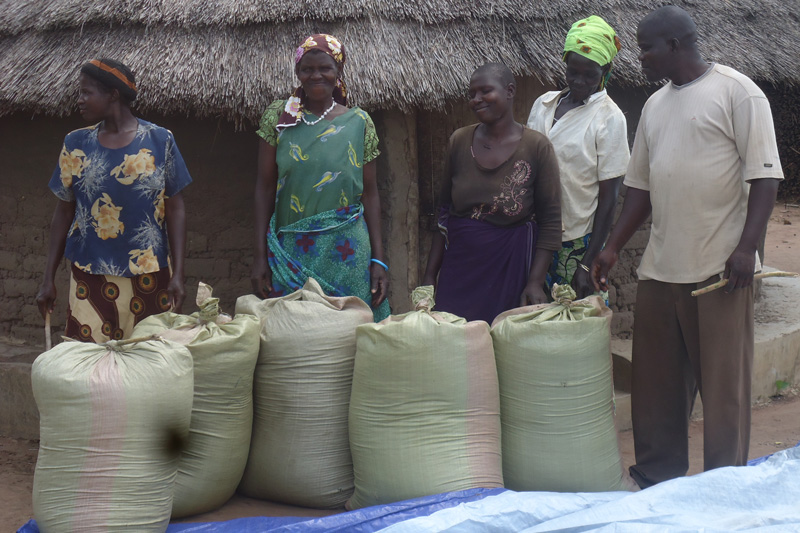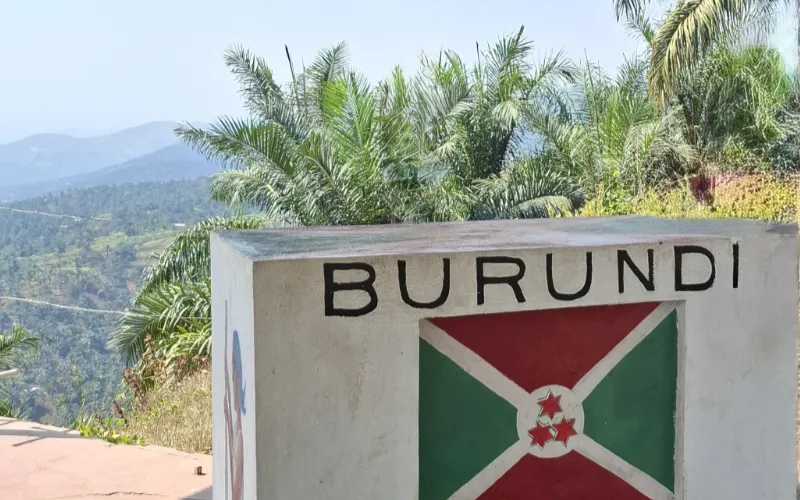Portrait of a Network for Africa project
The people of northern Uganda endured more than 20 years of devastating war, caught between the notorious Lord’s Resistance Army, led by Joseph Kony, and the Ugandan armed forces. Hundreds of villages were attacked and looted; thousands of people were abducted – some for a short time, while others spent years as child soldiers. Almost everyone witnessed atrocities and endured unspeakable horrors.
Civilians were herded into camps where they quickly became disorientated; farmers were unable to farm, social problems like alcoholism and domestic violence became commonplace, and traditional social structures disintegrated. When the war finally ended, it was hard for profoundly traumatised people to rebuild their communities. Many had been away from their land for years, and land disputes led to disruption. Child soldiers returned from the bush, some with the babies of LRA militiamen. Their communities often did not recognise them or welcome them.
Against this challenging background, Network for Africa began our unique, common-sense approach to mitigating the widespread post-traumatic stress gripping the community. We joined forces with a group of local people who wanted to create a network of counsellors to help people to manage their trauma. They formed the Patongo Community Counselling Outreach NGO (PCCO), with survivors whom Network for Africa would train. This team would go on to give regular group and individual counselling that reached more than 30,000 people.
Before our team arrived, we asked PCCO to review our training materials, adapting them to the local culture. With the help of translators, a white board and a space where our future counsellors could sit and take notes, we were ready to go: no electricity required. Most important, we asked PCCO to select the right people to become counsellors.
The training was given by our remarkable pro bono psychologists, Dr Barbara Bauer and Shelly Evans. They started by explaining what trauma is. They then asked the students to identify the signs of stress and trauma around them, like alcoholism, domestic and sexual violence, suicide, self-harm, sleeplessness and physical symptoms like headaches or stomach problems, or an inability to concentrate.
Barbara and Shelly used games and role playing exercises to demonstrate how best to engage with clients, many of whom may not wish to discuss their feelings; how to listen and follow up on the clues they give; how to reassure clients that they are not to blame for being attacked or raped, for instance; how to encourage a client to talk, rather than trying to solve their problems for them; how to use breathing and visualisation exercises to stop panic attacks or anxiety.
Barbara and Shelly returned every six months to add new skills to the PCCO counsellors’ tool kits, creating a strong and confident team. Meanwhile, Network for Africa supported PCCO as they managed their counsellors, collecting data on each client, analysing their feedback so we learned what worked and what should be adapted. Our counsellors also worked at community health clinics, counselling people diagnosed with HIV, and giving support to nurses as they identify mental health issues and epilepsy. They did radio shows so people in remote areas could phone in to raise mental health issues; and they used drama, knowing how stigmatising it can be to be tested for HIV or epilepsy.
Barbara and Shelly trained clan leaders and officials, knowing they have a respected place in the community and could challenge harmful traditions and stigma in a way no outsider could. These leaders spread the word, they identified people within their community who were suffering, and they referred them to the government-provided services available locally and to the appropriate specialists, where they existed.
PCCO held regular community sensitisation sessions, reaching thousands of people. They discussed mental health, HIV and epilepsy to tackle stigma, to encourage testing, to use malaria nets and to make people aware of services they can access. The counsellors soon became trusted messengers, spreading important information about HIV, substance abuse, rape, family planning, and identifying epilepsy. They also coached groups to start income generating projects and village savings and loans schemes.
Our aim was to leave something behind that made a permanent contribution to the community.
